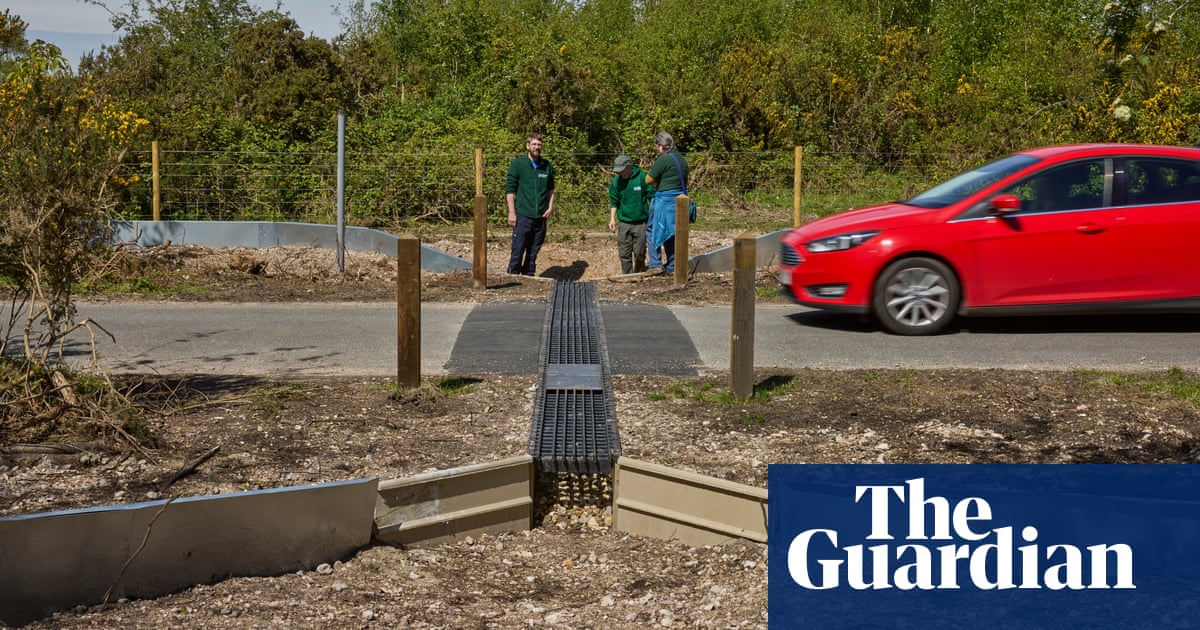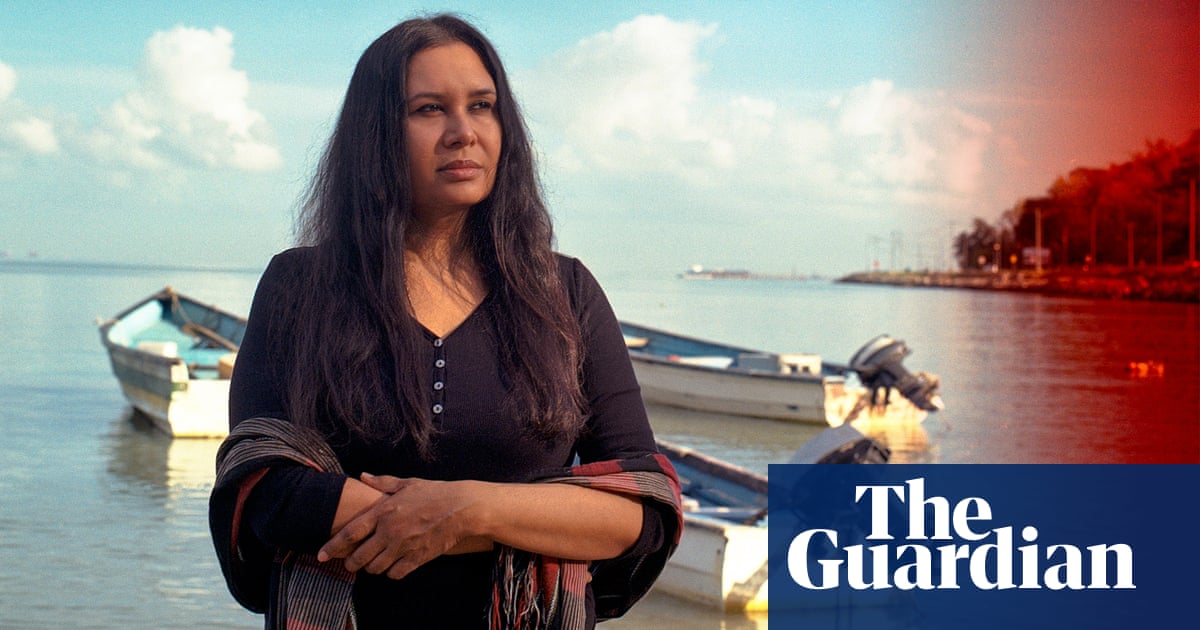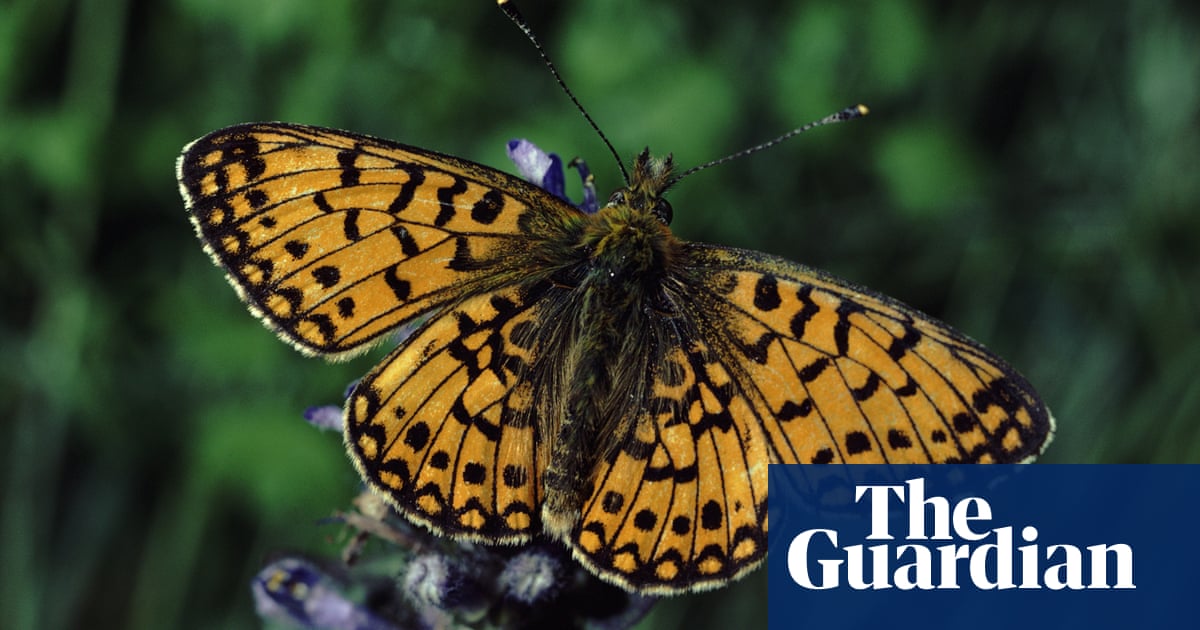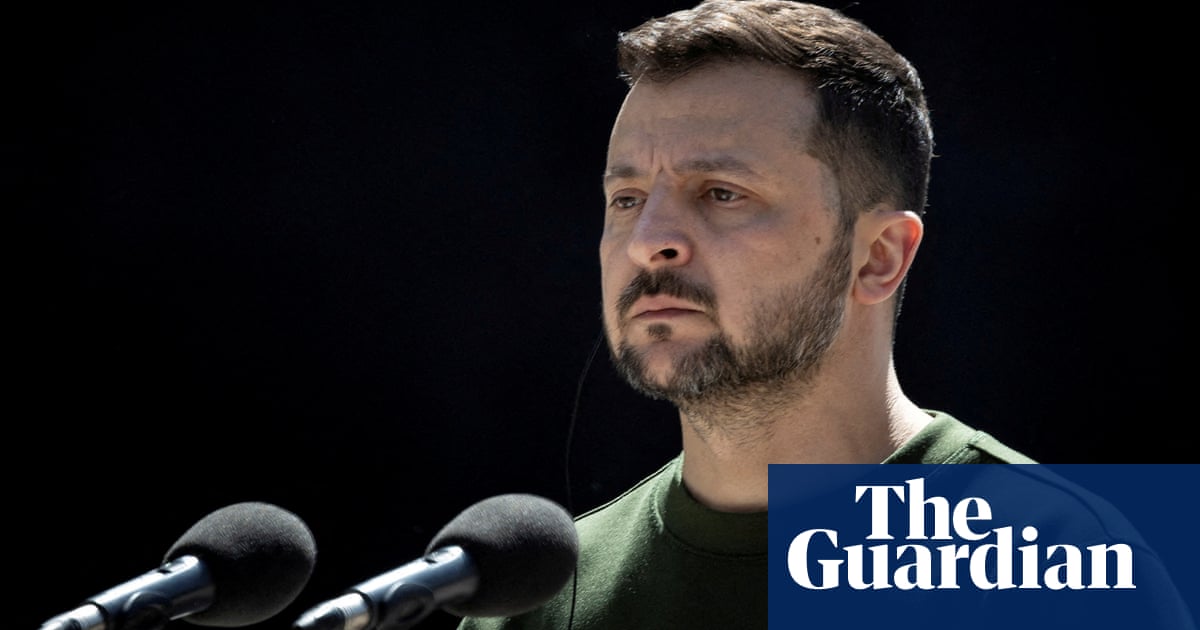The UN general assembly has voted overwhelmingly to back the Palestinian bid for full UN membership, in a move that signalled Israel’s growing isolation on the world stage amid global alarm over the war in Gaza and the extent of the humanitarian crisis in the strip.
The assembly voted by 143 to nine, with 25 abstentions, for a resolution called on the UN security council to bestow full membership to the state of Palestine, while enhancing its current mission with a range of new rights and privileges, in addition to what it is allowed in its current observer status.
The highly charged gesture drew an immediate rebuke from Israel. Its envoy to the UN, Gilad Erdan, delivered a fiery denunciation of the resolution and its backers before the vote.
“Today, I will hold up a mirror for you,” Erdan said, taking out the small paper shredder in which he shredding a small copy of the cover of the UN charter. He told the assembly: “You are shredding the UN charter with your own hands. Yes, yes, that’s what you’re doing. Shredding the UN charter. Shame on you.”
The Palestinian envoy, Riyad Mansour, pointed out the vote was being held at a time when Rafah, the southernmost town that is last haven for many Gazans, faced attack from Israeli forces.
“As we speak, 1.4 million Palestinians in Rafah wonder if they will survive the day and wonder where to go next. There is nowhere left to go,” Mansour said. “I have stood hundreds of times before at this podium, often in tragic circumstances, but none comparable to the ones my people endured today … never for a more significant vote than the one about to take place, a historic one.”
Friday’s resolution was carefully tailored over the past few days, diluting its language so as not to trigger a cut-off of US funding under a 1990 law. It does not make Palestine a full member, or give it voting rights in the assembly, or the right to stand for membership of the security council, but the vote was a resounding expression of world opinion in favour of Palestinian statehood, galvanised by the continuing bloodshed and famine caused by Israel’s war in Gaza.
Even before the vote in the assembly on Friday morning, Israel and a group of leading Republicans urged US funding be cut anyway because of the new privileges the resolution granted to the Palestinian mission.
The US mission to the UN, which voted against the resolution, warned that it would also use its veto again if the question of Palestinian membership returned to the security council for another vote.
“Efforts to advance this resolution do not change the reality that the Palestinian Authority does not currently meet the criteria for UN membership under the UN charter,” the mission’s spokesperson, Nathan Evans, said. “Additionally, the draft resolution does not alter the status of the Palestinians as a “non-member state observer mission”.
The other nations which voted against the resolution were Argentina, Czechia, Hungary, Israel, Micronesia, Nauru, Palau and Papua New Guinea. The UK abstained.
According to the resolution, the Palestinian mission will now have to right to sit in the general assembly among other states in alphabetical order, rather than in its current observer seat at the back of the chamber. Palestinian diplomats will have the right to introduce proposals and amendments, they can be elected to official posts in the full chamber and on committees, and will have the right to speak on Middle Eastern matters, as well as the right to make statements on behalf of groups of nations in the assembly.
But the resolution also makes plain that “the state of Palestine, in its capacity as an observer state, does not have the right to vote in the general assembly or to put forward its candidature to United Nations organs.”
Richard Gowan, the UN director at the International Crisis Group, said: “In essence, it gives the Palestinians the airs and graces of a UN member, but without the fundamental attributes of a real member, which are voting power and the right to run for the security council.”
The general assembly resolution was crafted to fall short of the benchmark set in a 1990 US law that bans funding of the UN or any UN agency “which accords the Palestine Liberation Organization the same standing as member states”.
The main faction in the PLO, Fatah, now controls the Palestinian Authority, which the Biden administration is backing to take up governing Gaza after the war is over.
Despite the wording in the resolution making clear Palestine would not have a vote, Israel called on the US to cut funding for the UN because of the resolution, and a group of Republican senators announced they were introducing legislation to do that.
“The US should not lend credibility to an organization that actively promotes and rewards terrorism. By granting any sort of status at the UN to the Palestine Liberation Organization, we would be doing just that,” Senator Mitt Romney said in a written statement. “Our legislation would cut off US taxpayer funding to the UN if it gives additional rights and privileges to the Palestinian Authority and the PLO.”
On Thursday night, Israel’s security cabinet approved a “measured expansion” of Israeli forces’ operation in Rafah, following the stalling of ceasefire talks in Cairo. The US adamantly opposes the Rafah offensive, and has paused the delivery of a consignment of US bombs, and Joe Biden has threatened further restrictions on arms supplies if Israel presses ahead with the attack.
Benjamin Netanyahu, Israel’s prime minister, vowed to defy US objections, saying that Israel would fight on “with its fingernails” if necessary. On Monday, the Israel Defense Forces (IDF) took control of the Palestinian side of the Rafah crossing, after ordering civilians in the east of Rafah city to evacuate. Since then more than 110,000 people have fled the area. On Friday, the UN reported intense clashes between the IDF and Palestinian militants on the eastern outskirts of the city. The fighting has cut off aid supplies into Gaza, at a time of spreading famine.
Jan Egeland, the head of the Norwegian Refugee Council, said on the X social media site that he had been told by NRC workers in Rafah that “the IDF assault is intensifying with continuous, massive explosions. There is no fuel, transportation, nor safe evacuation areas for most of the remaining 1,2 million civilians.”
“A massive ground attack in Rafah would lead to [an] epic humanitarian disaster and pull the plug on our efforts to support people as famine looms,” the UN secretary general, António Guterres, warned during a visit to Nairobi, adding that the situation in the southern Gaza city was “on a knife’s edge”.









